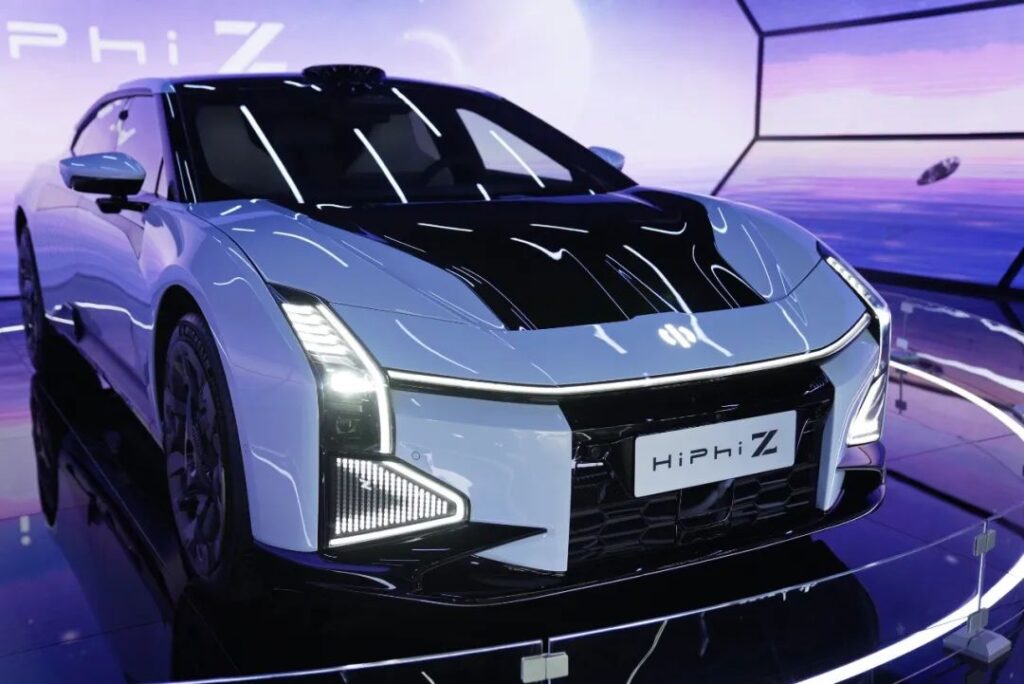The Chinese automotive industry has been making headlines recently with its rapid advancements, innovative technologies, and aggressive global expansion strategies. As China continues to position itself as a leader in the global automotive market, several key developments highlight its progress and influence.
Technological Innovations
Chinese car manufacturers are at the forefront of integrating cutting-edge technologies into their vehicles. Electric vehicles (EVs) and autonomous driving technologies are particularly prominent. Companies like BYD, NIO, and XPeng are leading the charge, with each making significant strides in developing and deploying advanced EV models.
BYD has garnered international attention with its range of electric buses and passenger vehicles. Recently, BYD announced the launch of its new electric sedan, the Seal, which promises a range of over 700 kilometers on a single charge, thanks to its innovative blade battery technology. This battery design not only extends the vehicle's range but also enhances safety and longevity.
NIO, often dubbed the "Tesla of China," has made headlines with its battery swapping technology, which allows drivers to replace depleted batteries with fully charged ones in a matter of minutes. This innovative approach addresses one of the significant challenges of EV adoption: long charging times. NIO's latest model, the ET7, boasts advanced autonomous driving features and a sleek design, further cementing the brand's reputation for luxury and innovation.
XPeng has also been making waves with its P7 and G3 models, which feature advanced driver-assistance systems (ADAS) and smart cockpit technology. XPeng's focus on integrating artificial intelligence (AI) and connectivity into its vehicles aims to enhance the driving experience and offer a glimpse into the future of smart transportation.
Global Expansion
Chinese car manufacturers are not just focusing on the domestic market; they are also aggressively expanding their presence globally. Europe, in particular, has become a significant target for Chinese automakers looking to tap into the growing demand for EVs and sustainable transportation solutions.
Great Wall Motors (GWM) recently announced plans to build a new manufacturing plant in Germany, aiming to produce electric and hybrid vehicles for the European market. This move aligns with the European Union's push for greener transportation and stricter emissions regulations.
SAIC Motor, the parent company of MG Motors, has successfully reintroduced the iconic British brand into international markets, including Europe, Australia, and India. MG's lineup of affordable, stylish, and tech-savvy vehicles has resonated well with consumers, contributing to the brand's resurgence.
Geely, one of China's largest and most ambitious automakers, continues to expand its global footprint. Geely's acquisition of Volvo in 2010 marked a significant milestone, and the company has since leveraged this partnership to enhance its technological capabilities and market reach. Recently, Geely announced plans to collaborate with Renault on the development of hybrid vehicles, further underscoring its commitment to innovation and international collaboration.
Challenges and Opportunities
While the Chinese automotive industry is experiencing rapid growth and success, it also faces several challenges. The global semiconductor shortage has impacted production timelines, and the ongoing trade tensions between China and other major economies pose potential risks to international expansion efforts.
However, the Chinese government's strong support for the automotive sector, particularly in the realm of EVs and green technologies, provides a solid foundation for continued growth. Substantial investments in infrastructure, research, and development, coupled with favorable policies, are expected to sustain the industry's momentum.
Conclusion
The Chinese automotive industry is undoubtedly on an upward trajectory, driven by technological innovation, strategic global expansion, and strong government support. As Chinese car manufacturers continue to make significant strides, they are not only reshaping the domestic market but also challenging established players on the global stage. With a focus on sustainability, connectivity, and advanced technologies, the future of Chinese cars looks promising and poised for continued success.






